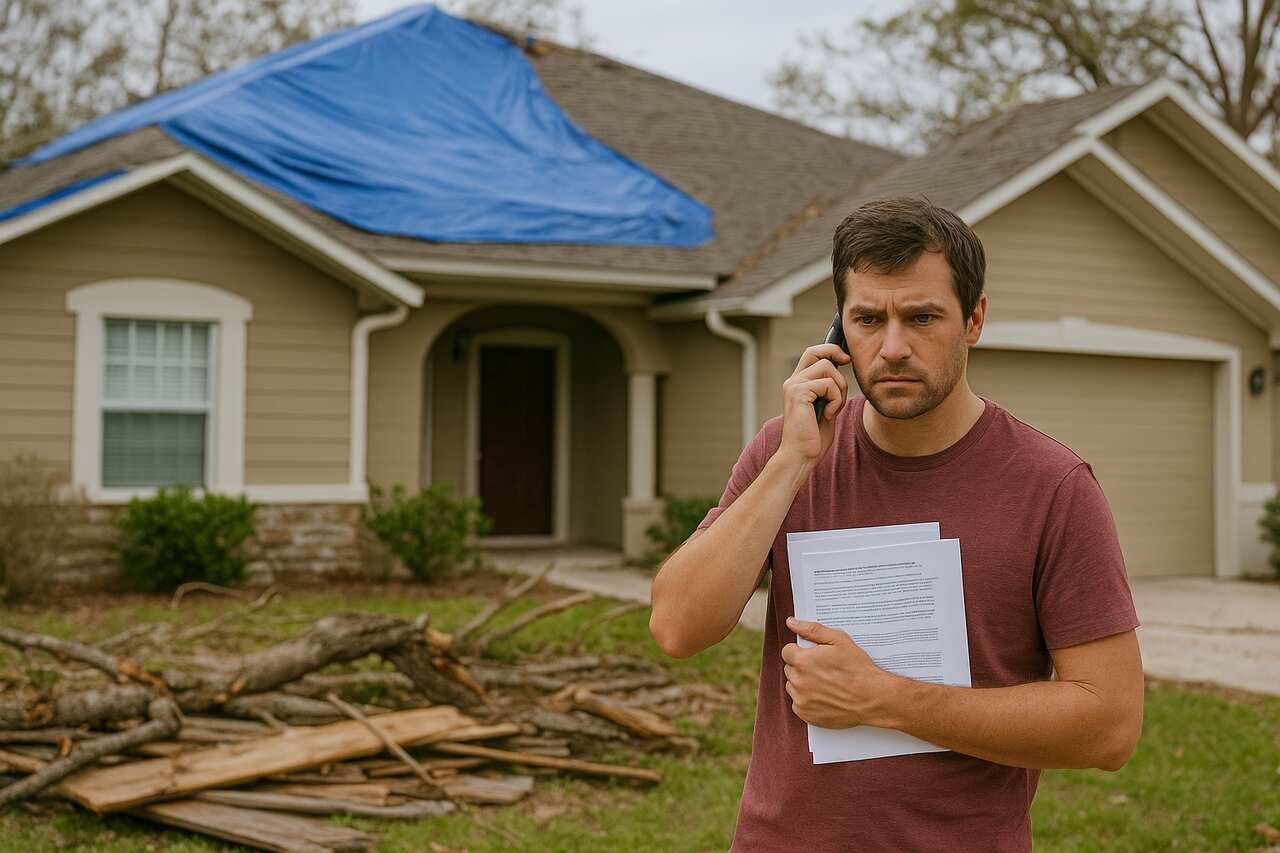After a hurricane hits, homeowners rely on insurance to repair the damage. These storms often leave behind broken roofs, shattered windows, and flooded homes. Many people assume their insurance company will cover the costs. Unfortunately, that’s not always the case. Some claims get denied, leaving homeowners feeling overwhelmed and unsure of what to do. Insurance companies may point to fine print in the policy or claim the damage isn’t covered. If this happens, it’s important to stay calm and take the right steps. If you need support after you file a hurricane damage claim, there are ways to challenge a denial and push for the coverage you deserve. The first step is to find out why the insurance company refused the claim. That reason will shape how you respond and what actions come next.
Review the Denial Letter Carefully
When you receive a denial letter, read it from beginning to end. This letter explains the insurance company’s reasoning for not paying the claim. It might say the damage doesn’t fall under your policy or that it was caused by flooding instead of wind. In other cases, the insurer may claim the damage existed before the storm. Look at the specific language used and try to match it with your policy terms. This will help you spot any weak points in their argument. If the explanation seems unclear or unfair, take notes on what doesn’t make sense. You’ll need those details if you plan to fight the decision.
Check Your Insurance Policy
Next, take a close look at your homeowners insurance policy. It’s important to know what’s included and what’s excluded. Some policies cover wind damage but not flooding. Others may limit payments for certain types of repairs. The wording in your policy matters, especially when it comes to storm damage. Go through each section related to natural disasters or wind events. If something is hard to understand, make a list of questions. This step helps you decide if the denial is valid or if it’s worth challenging.
Gather Photos and Repair Records
Strong evidence can make a big difference in overturning a denied claim. Collect any pictures you took before and after the hurricane. These images show how much the storm changed your home. If you hired a contractor or inspector, ask for written reports. Save any receipts for materials or labor you already paid for. You can also get statements from neighbors or others who saw the damage. This kind of proof helps support your case and shows the true extent of the loss. Keep everything in one place so it’s easy to share if needed.
Ask for a Reinspection
If you think the first inspection missed something, you can ask the insurance company to reinspect your home. Sometimes adjusters overlook damage or rush through their visit. A second inspection gives your property another review. You can also bring in your own expert to walk through the home and document the damage. A public adjuster or contractor can help spot things the insurance company may not have included. Their report can offer a new view of what needs to be fixed. This step gives your claim another chance to be taken seriously.
Work with an Attorney
If you’ve done all this and the insurance company still won’t pay, legal help may be the best option. A lawyer who handles hurricane insurance claims can review your case. They can look at your policy, your photos, and the denial letter to see if you have grounds to sue. They know how to deal with insurers that delay or avoid paying. Some lawyers also work on a contingency basis, so they only get paid if you win. Having someone on your side can ease the stress and improve your chances. A good lawyer will guide you through every step and make sure your rights are protected.
Insurance is supposed to offer peace of mind during hard times. A denied claim after a hurricane can feel like another storm to deal with. But there are steps you can take to fight back. Reading the denial letter and checking your policy can show where the problem started. Collecting clear evidence makes your case stronger. A second inspection might reveal missed damage. And if that’s not enough, an experienced attorney can step in and push for what you’re owed. Experienced lawyers help people through this process and understands what’s at stake for your home and future.


